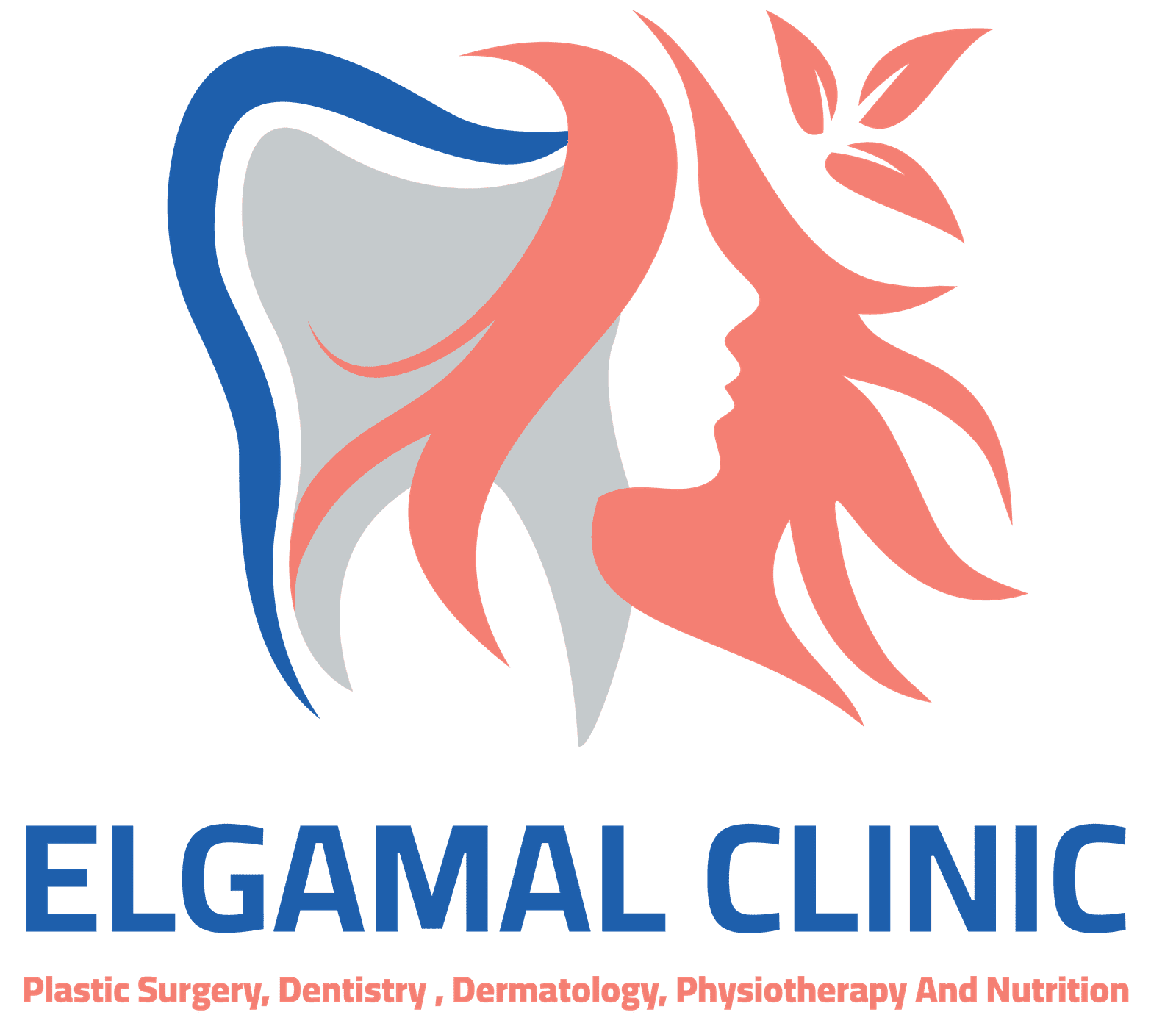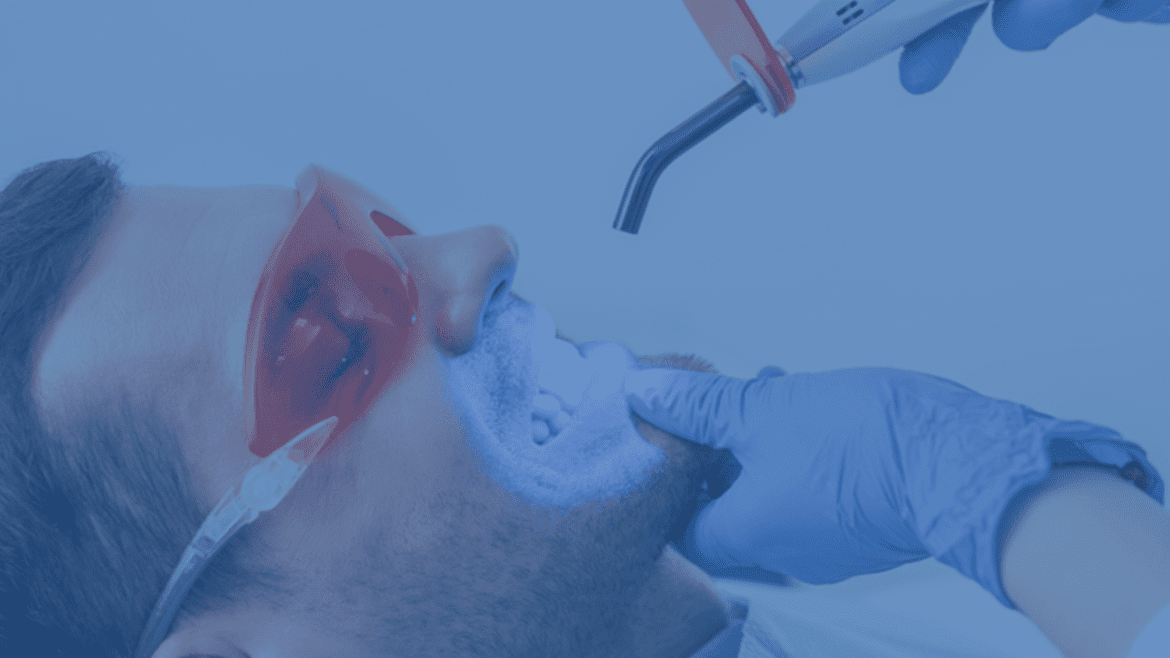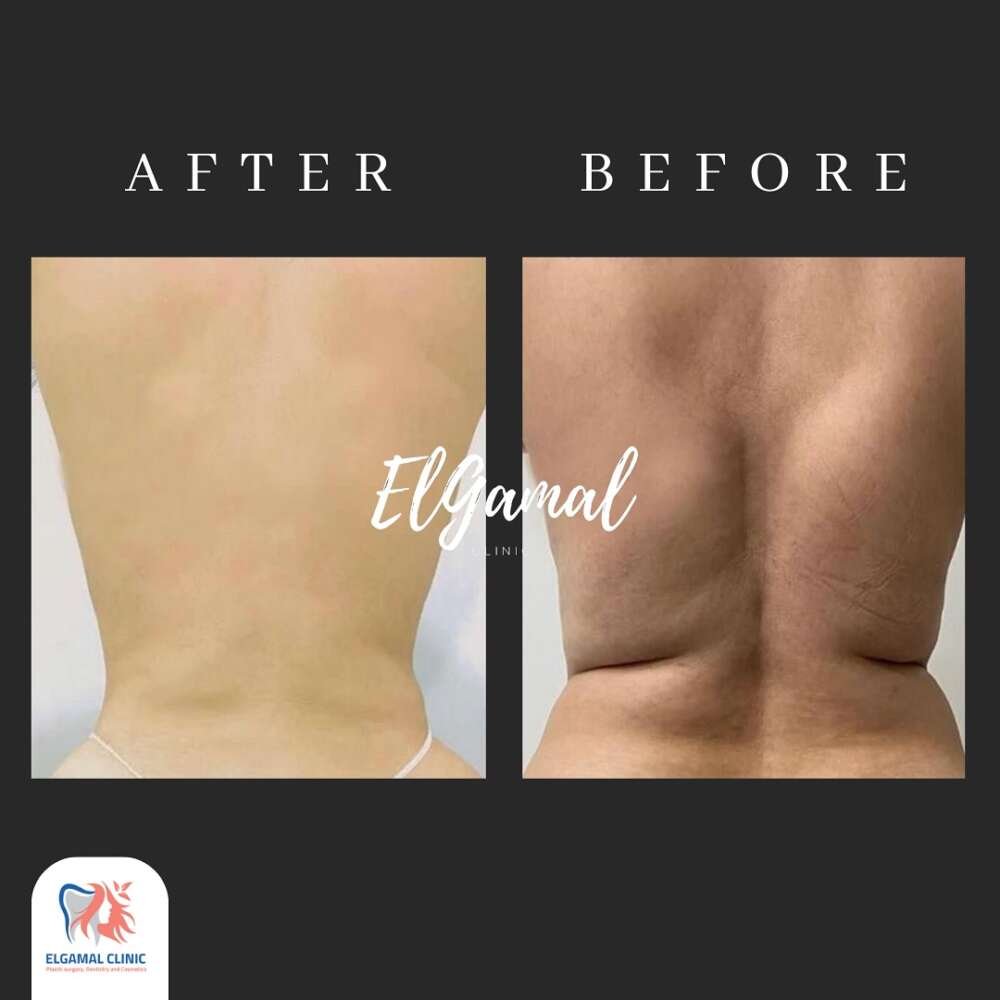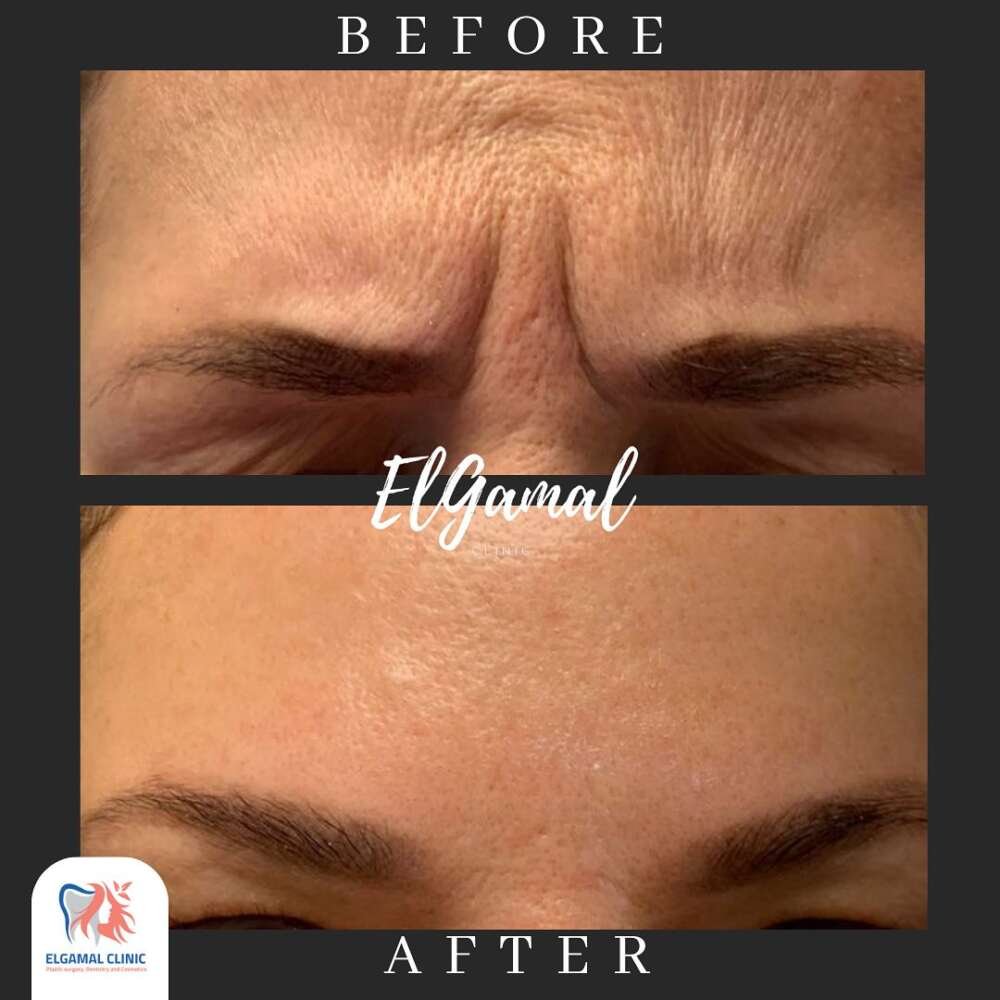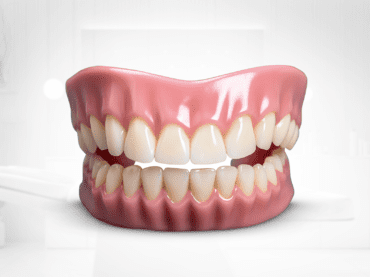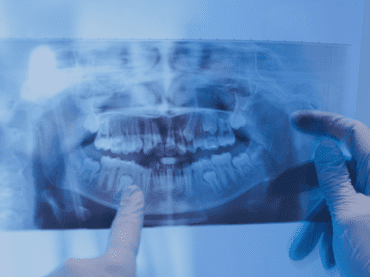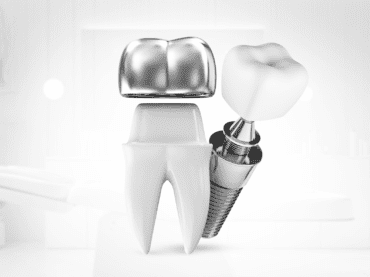الأسنان بالليزر
ما هو طب الأسنان بالليزر؟
طب الأسنان بالليزر هو استخدام الليزر لعلاج عدد من حالات الأسنان المختلفة. أصبح يستخدم تجاريا في ممارسة طب الأسنان السريري للإجراءات التي تنطوي على أنسجة الأسنان في عام 1989.
من المحتمل أن يوفر طب الأسنان بالليزر خيار علاج أكثر راحة لعدد من إجراءات طب الأسنان التي تشمل الأنسجة الصلبة أو الرخوة مقارنة بالتدريبات والأدوات الأخرى غير الليزر.
يرمز LASER إلى “تضخيم الضوء عن طريق انبعاث الإشعاع المحفز”. تقوم الأداة بإنشاء طاقة ضوئية في شعاع ضيق جدًا ومركّز. ينتج ضوء الليزر هذا رد فعل عندما يضرب الأنسجة، مما يسمح له بإزالة الأنسجة أو تشكيلها.
يستخدم طب الأسنان بالليزر في مجموعة متنوعة من الإجراءات، بما في ذلك:
علاج فرط الحساسية
علاج تسوس الأسنان
علاج أمراض اللثة
تبييض الأسنان
يمكن أن يجعل الليزر علاجات الأسنان أكثر كفاءة وفعالية من حيث التكلفة ومريحة. وافقت إدارة الغذاء والدواء (FDA) على طب الأسنان بالليزر كخيار علاجي للعديد من حالات الأسنان.
ومن الجدير بالذكر أن جمعية طب الأسنان الأمريكية (ADA) لم تفعل ذلك حتى الآن، على الرغم من أنها متفائلة بشأن إمكانات هذا المجال.
يعد ليزر الأسنان أدوات متعددة الاستخدامات تستخدم في إجراءات طب الأسنان المختلفة لعلاج مجموعة من الحالات. يمكن أن يختلف التطبيق والفعالية وطول العمر والنتائج اعتمادًا على ليزر الأسنان المحدد المستخدم والعلاج المقصود. وفيما يلي بعض التطبيقات الشائعة لليزر الأسنان والاعتبارات العامة:
تطبيقات ليزر الأسنان
إجراءات الأنسجة الرخوة
العلاج: غالبًا ما يستخدم ليزر الأسنان لإجراءات الأنسجة الرخوة مثل إعادة تشكيل اللثة وإزالة الأنسجة الزائدة وعلاج أمراض اللثة.
كيف يعمل: يمتص الماء طاقة الليزر في الأنسجة الرخوة، مما يؤدي إلى تبخر الأنسجة أو تخثرها.
النتائج: انخفاض النزيف وتقليل الانزعاج والشفاء بشكل أسرع مقارنة بالطرق التقليدية.
إجراءات الأنسجة الصلبة:
العلاج: يمكن استخدام ليزر الأسنان لإعداد التجويف وإزالة تسوس الأسنان وترميم الأسنان.
كيف يعمل: يمكن لليزر استئصال الأنسجة الصلبة أو إزالتها بشكل انتقائي، ويمكن استخدام بعض أنواع الليزر لحفر المينا استعدادًا لإجراءات الربط.
النتائج: دقة في العلاج، تقليل الحاجة للتخدير، والحد الأدنى من الأضرار التي لحقت ببنية الأسنان الصحية.
